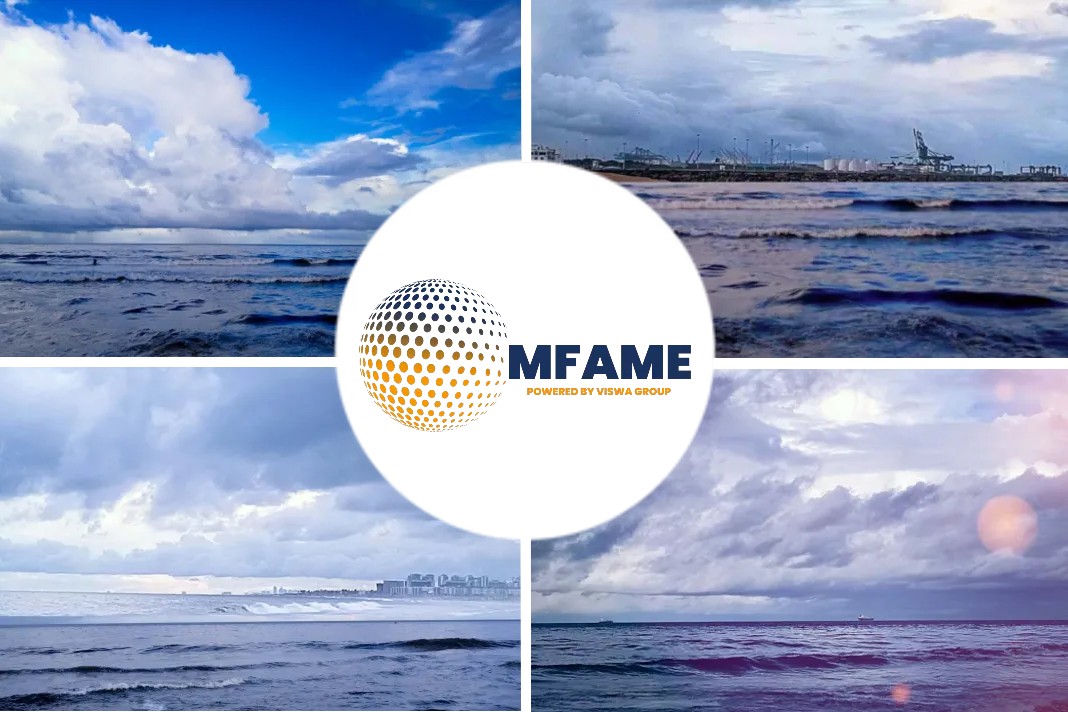
UN International Maritime Organization (IMO) negotiations, kicking off June 26 in London, UK, could either set the course for a comprehensive global climate plan for the shipping industry or derail the Paris Agreement to limit a global temperature increase of 1.5 °C.
Robust Climate Targets
During these upcoming UN meetings, governments carry the responsibility of curbing the expansion of dirty Liquefied Natural Gas (LNG) in the shipping industry. It is imperative that national delegations ensure that short-term climate drivers like methane, which has 80 times the warming potential of CO2 over a 20 year period, are included in robust climate targets at the IMO. At the IMO greenhouse gas (GHG) workgroup negotiation in March 2023, short-sighted shipping companies and war-profiteering fossil-fuel executives pushed governments to focus solely on CO2 emissions while disregarding potent climate drivers like methane.
Recent investigations have revealed concerning links between the invasion of Ukraine and soaring profits for energy giants like TotalEnergies, as well as major shipping companies like CMA CGM. These corporations are actively promoting and greenwashing LNG as a “clean” shipping fuel across multiple industries, including maritime shipping. Exploiting Europe’s reliance on Russian so-called “natural” gas, energy giants have taken advantage of the shock invasion of Ukraine. By leveraging the EU’s seemingly urgent need for non-Russian gas, these corporations weakened regulations and secured long-term contracts for LNG infrastructure across several sectors.
Surge In LNG Tankers
However, the development of new LNG terminals and infrastructure necessitates specialized LNG tankers for transportation. Orders for LNG tankers surged by 2.5 times in 2022, totalling CAD $67 billion, compared to the previous year. LNG tankers are the most expensive types of vessels, after cruise ships. Retrofitting these tankers for zero-emissions at a later stage would require millions due to their highly specialized nature. The reality is: most LNG shipping infrastructure will not be operational in time to meet short-term energy shortages caused by the war in Ukraine. Consequently, countries are just locking in fossil fuels for decades to come, risking stranded infrastructure assets.The fate of our planet hangs in the balance as climate heating wreaks havoc worldwide. The time is now for IMO and its Member States to act decisively and take immediate action to limit global heating to 1.5 °C or lower.
IMO Member States can lead the way by setting an ambitious and comprehensive target for 2030. By doing so, they can steer clear of adopting false climate solutions like LNG and prevent the shipping industry from being burdened with stranded fossil-based assets in the next decade. Together, let us seize this moment to safeguard our planet and forge a sustainable pathway for generations to come. “Global shipping faces a critical moment in addressing the climate crisis. We must choose between false solutions like LNG or a true zero-emissions way forward to align with a 1.5-degree pathway. Canada needs to apply the same approach domestically as it does internationally…” says Andrew Dumbrille, a Canadian campaigner
Did you subscribe to our Newsletter?
It’s Free! Click here to Subscribe!
Source: Hellenicshippingnews





















